Cinnamon; what a superb spice. Like a mojito, it’s a flavour and taste experience that is supremely better in the tropics than a dry climate.
We have been deep in Kerala for the last three days in a small town called Chingavanam. Kerala is a rich state. It seems to start with the greenery, emerging and affecting everything it touches. There is a dignity and wealth here that seems always visible.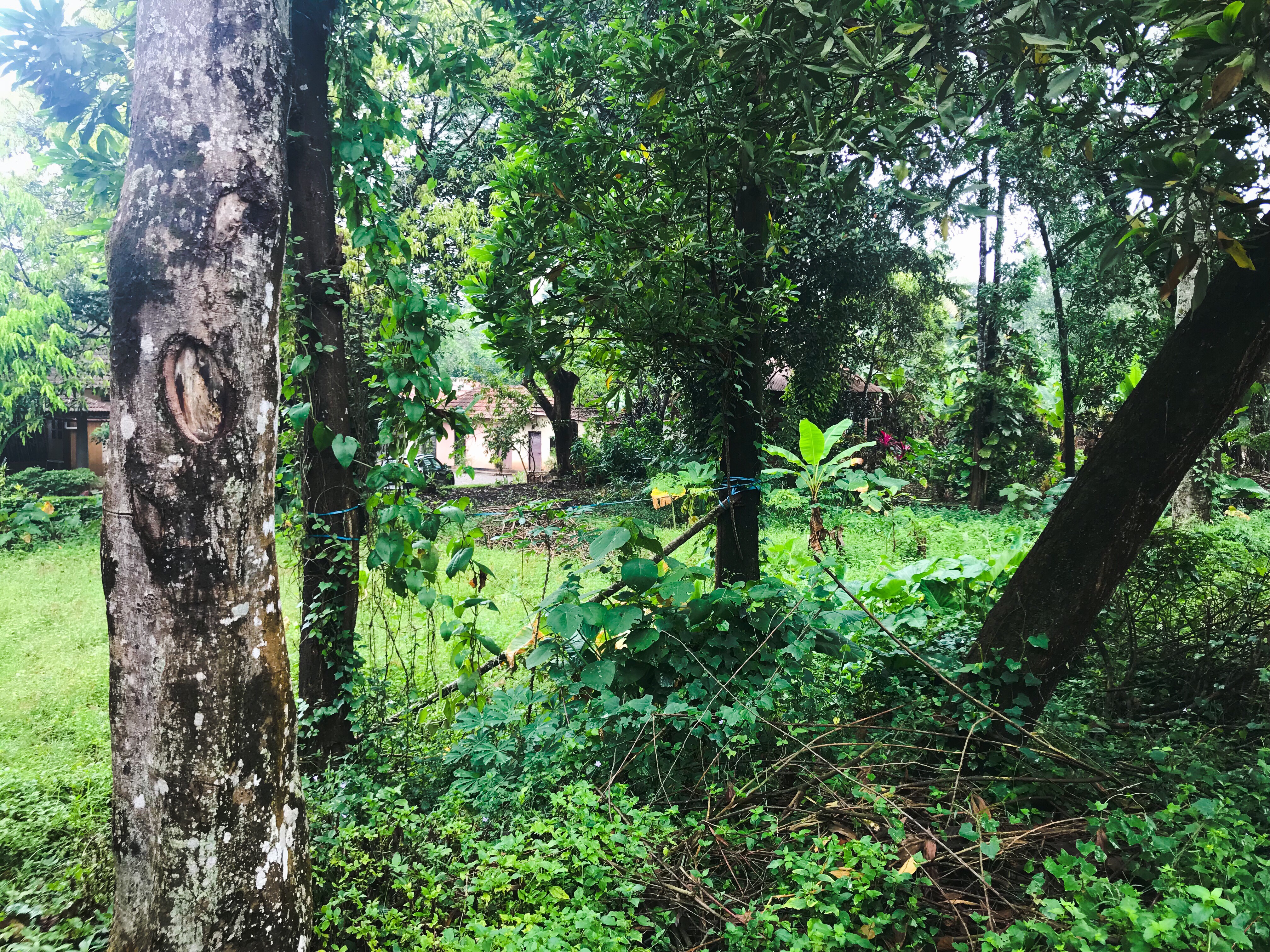
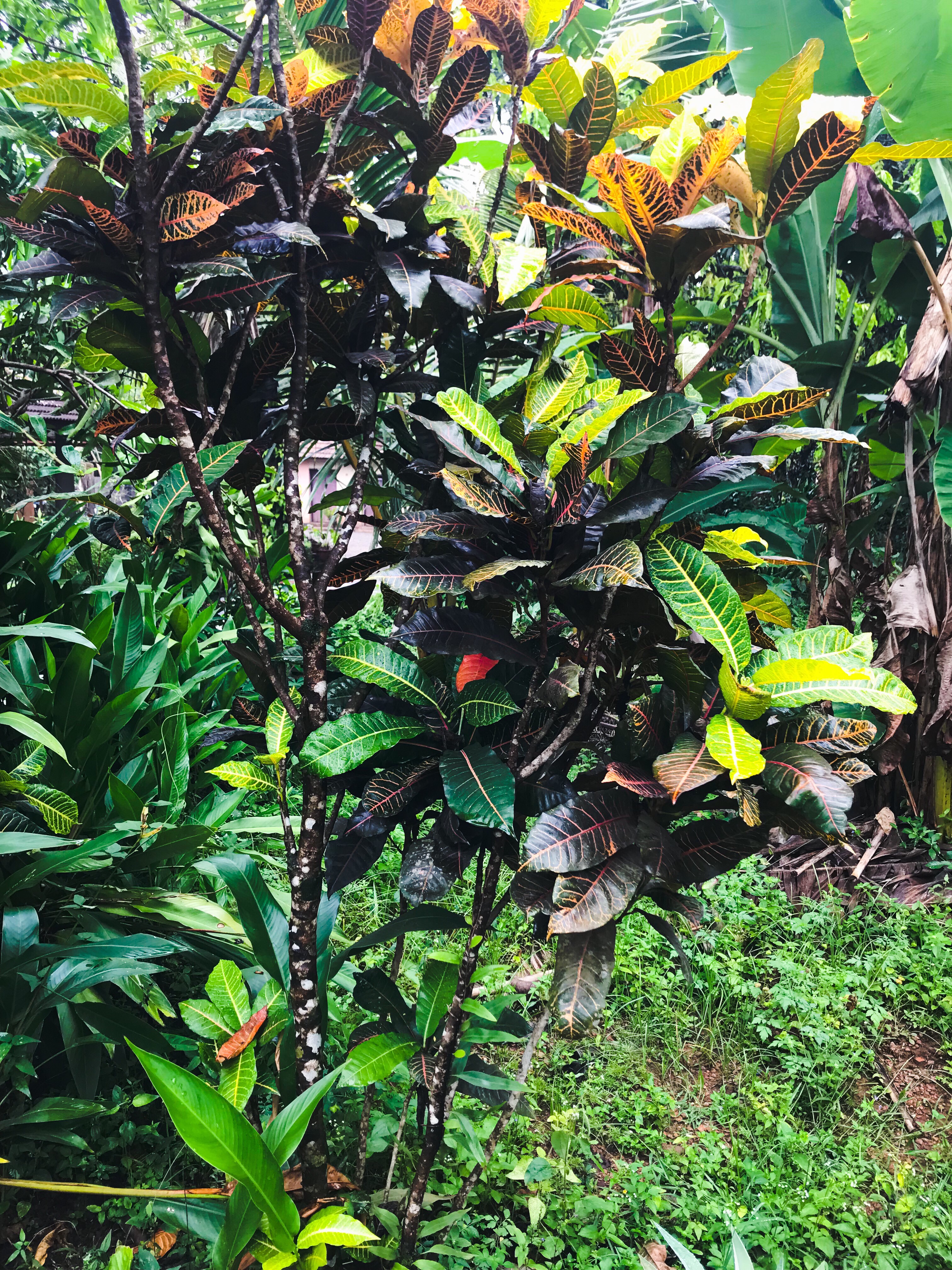
^ This greenery sums up the lushness of Kerala
How to have a baby in Kerala
Mothers-to-be, strap yourselves in. I first heard this story years ago and I have just had my version straightened by Bini, pictured below.
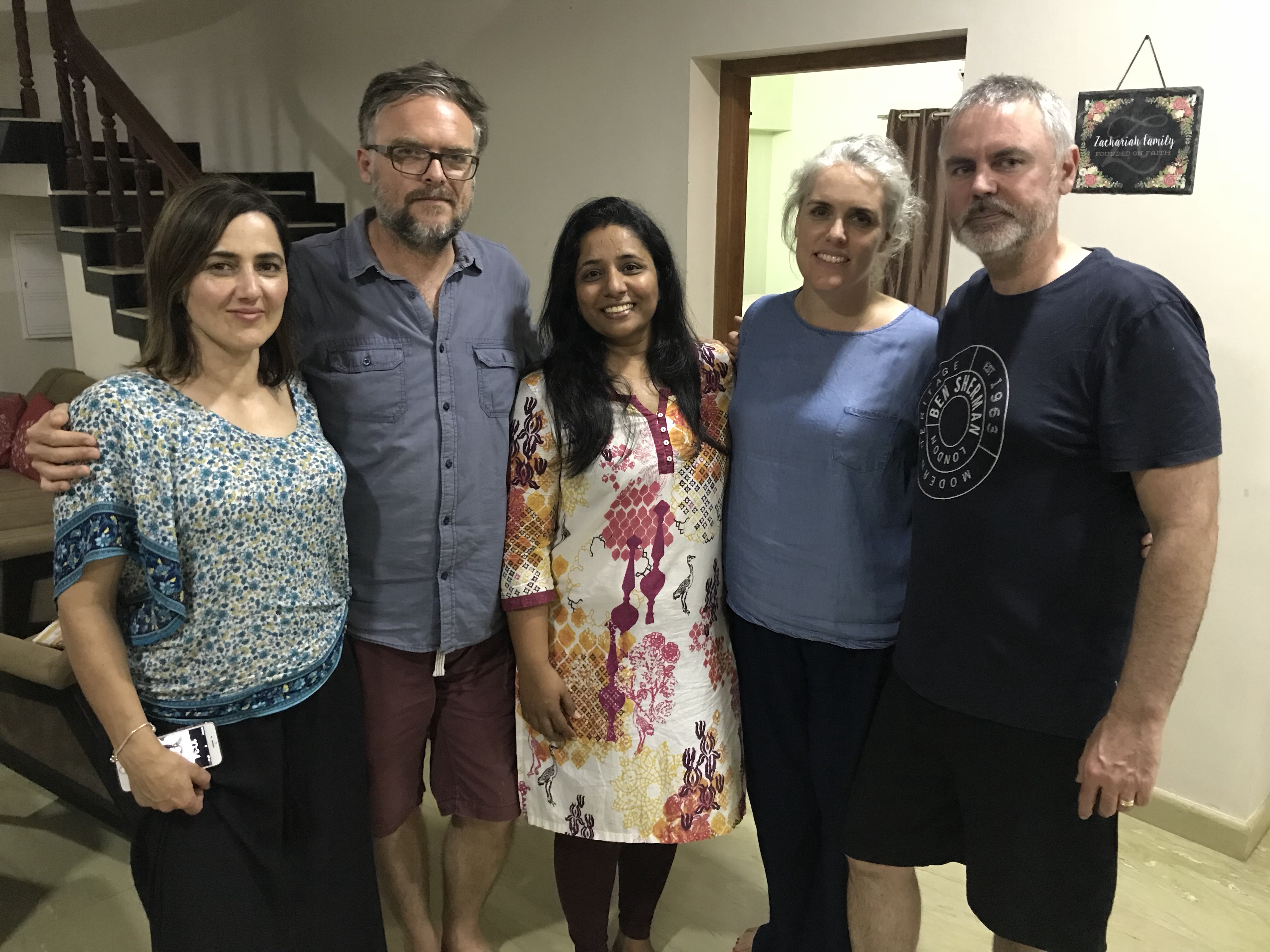
About a month before a baby is due, mum to be moves back to the family home. The husband stays with his job and travels as required.
After the birth the new mum and baby stay in the family home for around three months, until mum and baby are settled.
For the first month after birth, herbal oils and specialist post-birth massages are a daily routine.
That sounds amazing. Do I even need to draw a comparison with Australian experiences?
Connected Rooms
While in Kerala we were out of hotels and had the privilege of being hosted in a traditional home.
Some of our group were in three connected bedrooms, separated only by curtain and without doors or corridors, allowing fluid movement between sleeping areas.
This is typical of traditional Kerala homes – it is together first, individual second.
In his superb book Adam’s Return: The five Promises of Male Initiation, Richard Rohr dives deep into the common lessons drawn from all traditional initiation experiences. The five lessons that tribes and villages sought to teach their adolescents are: Life is hard, You are not that important, Your life is not about you, You are not in control and You are going to die.
At least three of these lessons are tackled to some degree by enforcing a constantly shared space.
Contrast that with my room, my insta, my email, my rights, my diet, my friends, my routine, my shows, my headphones. Even as I have wholeheartedly embraced the 21st century, habits created don’t always quite feel right.
As I finish this sentence in my WordPress App on my iPhone, connected via hotspot to my laptop where I am shortly going to edit images in Photoshop and upload to the blog. While travelling on a train. Paying $13.75 for 21 days of unlimited calls and sms and 1.4GB of data per day.
Then I saw this ad.

This is $7.84 for 74 days (10c per day) for unlimited calls, 100 SMS per day, unlimited data with downloads at a reduced rate – after your first 3.2GB per day.
Anyone think we are getting taken for a ride in Australia?
While we’re on the topic, did anyone catch this article at the start of the year about Silicon Valley parents going device free with their kids? Read here
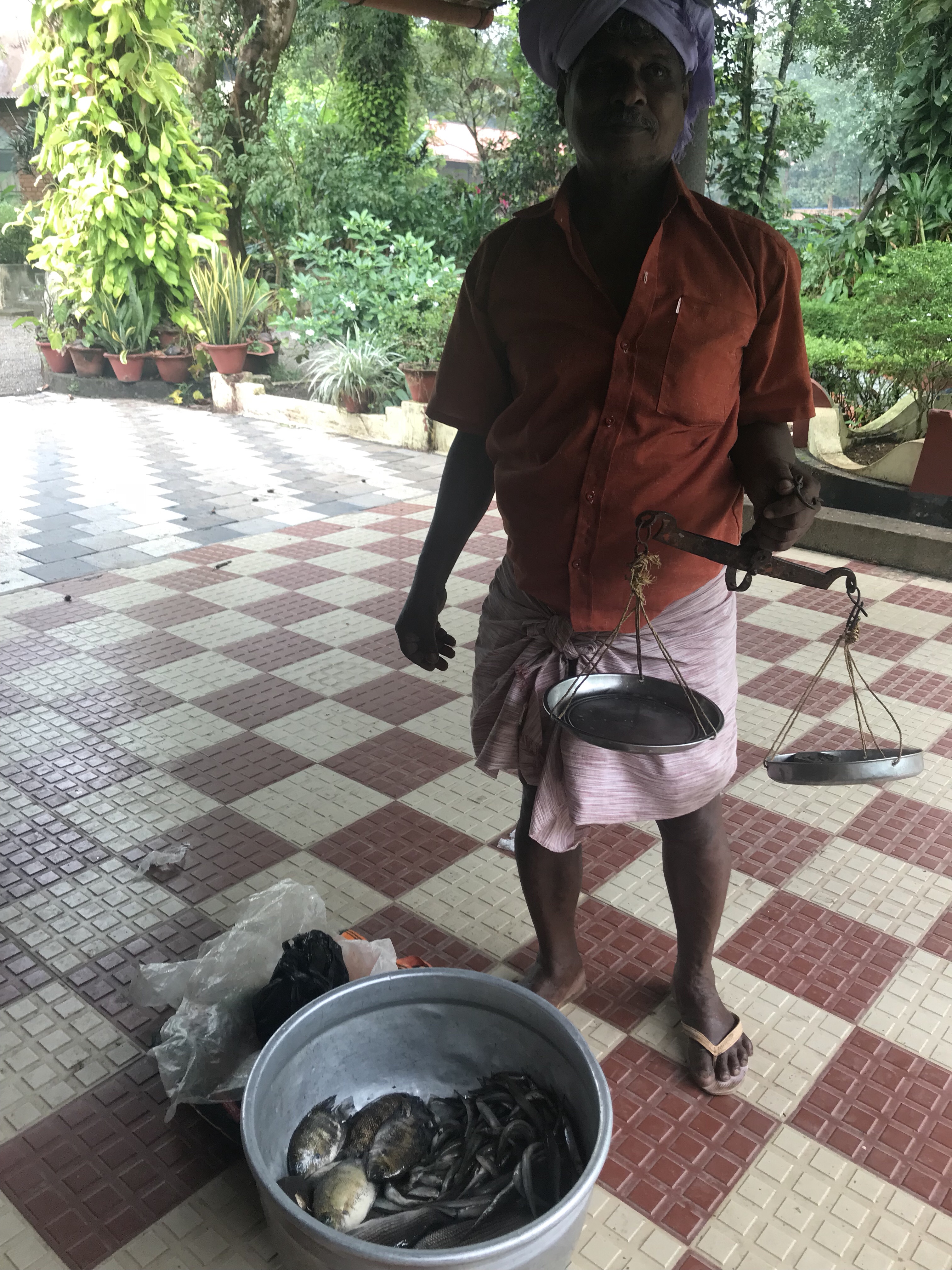
^ A local vendor bringing a fresh catch directly to the front door
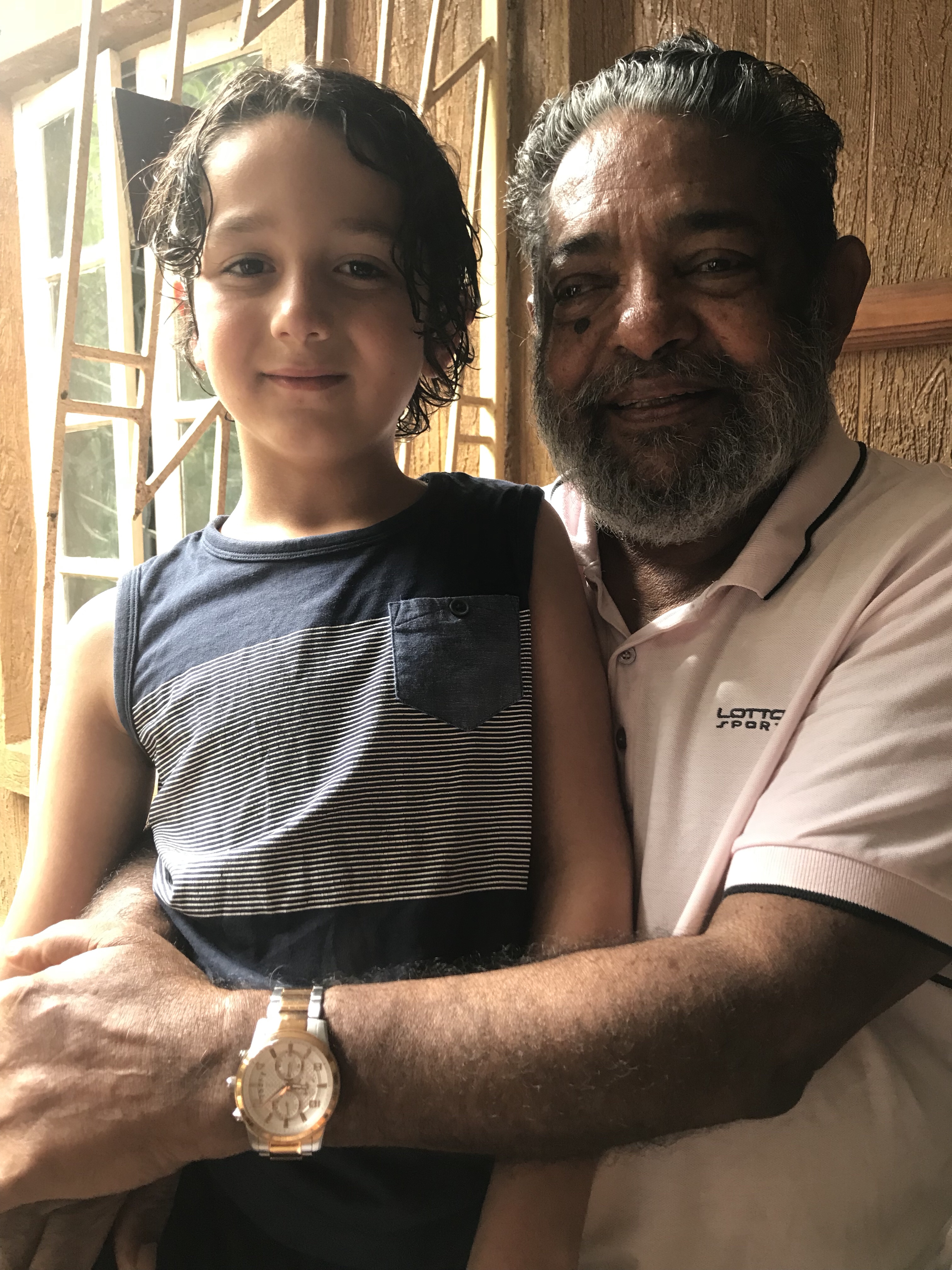
^ Xavier and Thampy, long-time family friend
In Australia, family time takes more planning, because it doesn’t occur as naturally. Connected bedrooms remind me that homes in the past, in many cultures, were a together thing. All in.
I imagine in traditional homes of many cultures, finding personal space or intimate space between two people requires effort.
My mate Pete and I have often tried to solve modern suburban life on the back of a napkin. A builder, Pete would consider it his crowning glory to be part of a highly functioning family-centric community that solved many of the issues created by us slicing up the suburbs then living in relative isolation.
I often think of our households and mundane tasks being done simultaneously each day – washing, peeling, cleaning, sorting – all separate from each other.
There is a joy in being with people that puts the task at hand in its place.
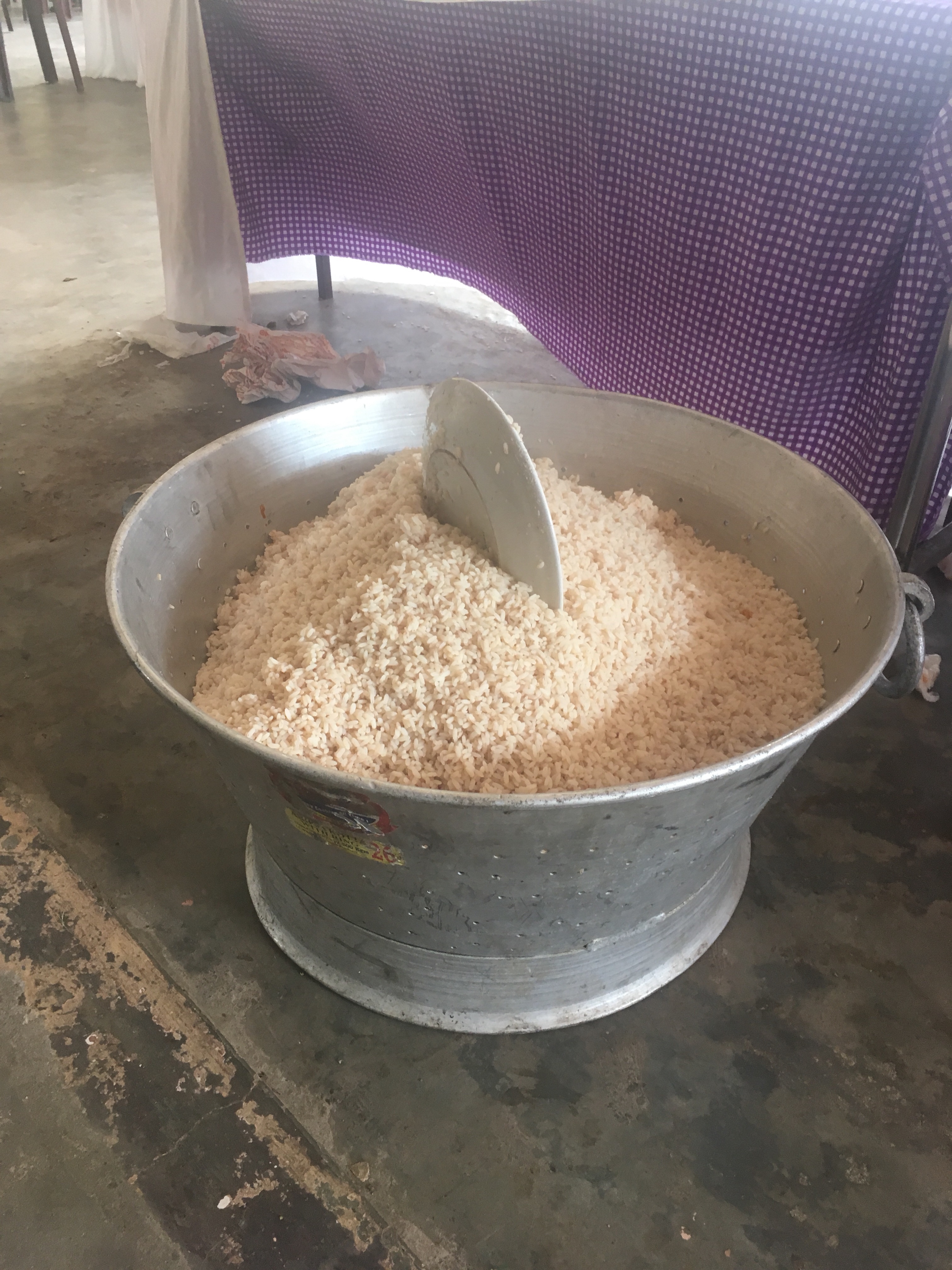
^ Rice prepared for a crowd
Kevin McLeod covers some of this off in his superb documentary series Slumming It, filmed in Mumbai. You can watch it here on YouTube.
Middle class Indian culture is embracing western ideals and lifestyle at a rate of knots. It’ll be interesting to observe which mores around family tradition are rewritten in the coming decades.